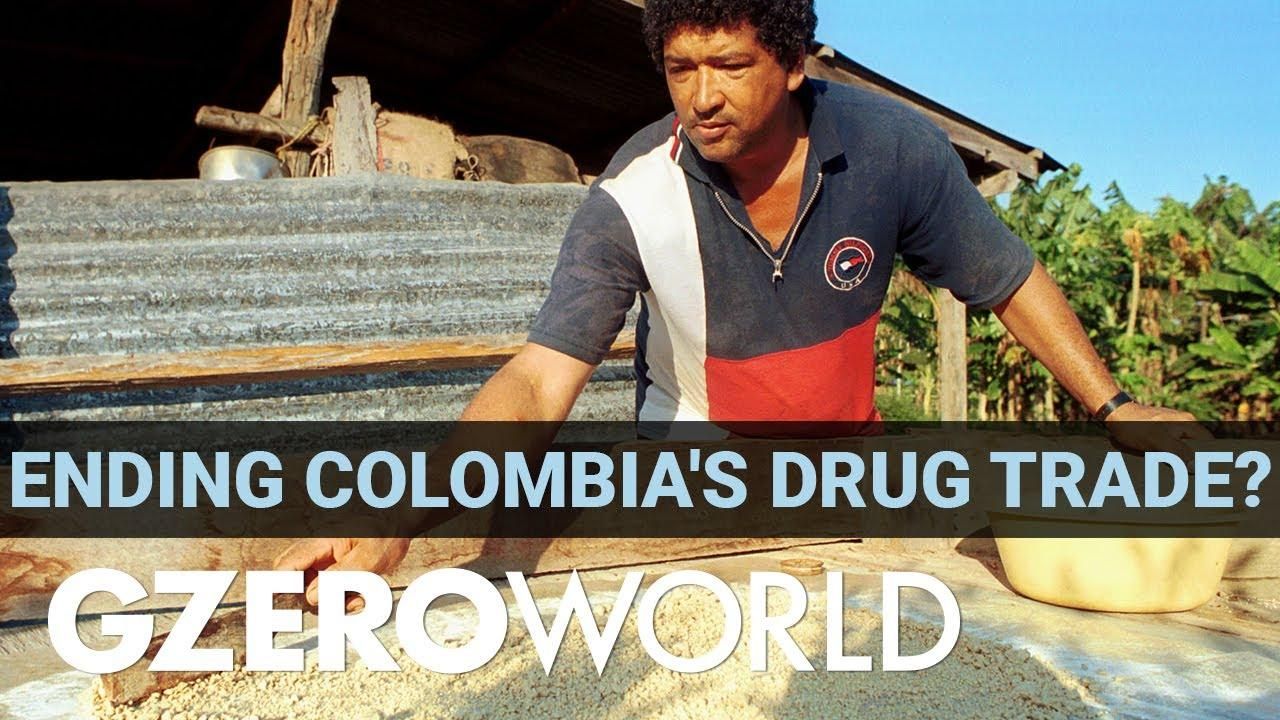GZERO World Clips
How to solve Colombia's cocaine problem

How to Solve Colombia's Cocaine Problem | GZERO World

According to a 2022 White House report, during the pandemic, coca cultivation and production in Colombia reached a record 245,000 hectares and 1,010 metric tons. In an exclusive interview with GZERO World, Colombia's new president, Gustavo Petro, said that enough is enough.
“It's shameful that just because we are the producers of the coca leaf or cocaine we’ve believed that we must silence ourselves and accept the policies of world powers in this regard, even though they are totally wrong. This must end.”
Key to curbing Colombia’s drug problem, Petro explains, is reassessing the Colombia-US relationship.
The Biden administration has already signaled to Petro that they know the War on Drugs has failed. But both nations, Petro argues, must stop viewing the jungle as “the enemy.” Only then can there be progress.
The Supreme Court has struck down President Trump’s use of the national emergency clause to impose sweeping tariffs around the world. In this Quick Take, Ian Bremmer explains why this ruling was predictable and why it’s a major setback for Trump’s trade strategy.
Think you know what's going on around the world? Here's your chance to prove it.
2.5 million: The population of Gabon who can no longer get onto certain social media platforms, like YouTube and TikTok, after the government suspended access on Tuesday.